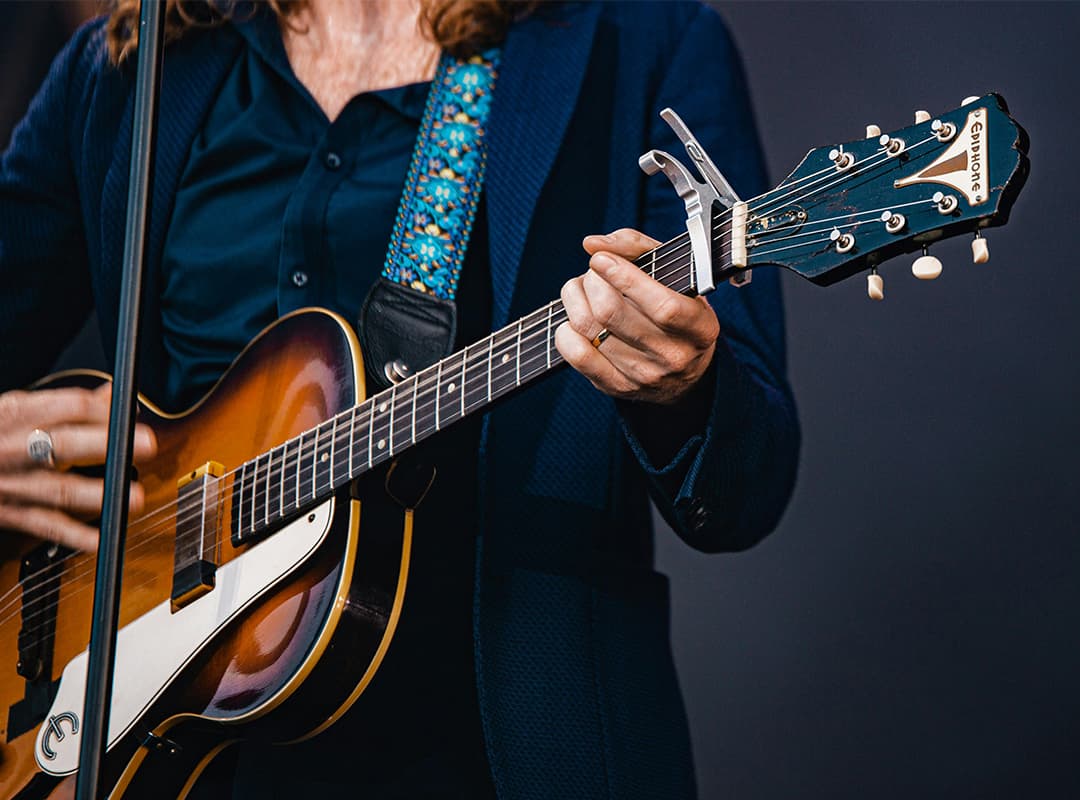Learning to play the guitar is a dream for many, but often people wonder if it’s possible to achieve noticeable progress in a short period of time—like a month. While mastering the guitar takes years of practice and dedication, it’s absolutely possible to learn the basics and start playing simple songs within just a few weeks. However, how much you can achieve in a month depends on a few key factors, including your goals, practice routine, and dedication.
1. Setting Realistic Goals
The first step to answering the question “Can you learn guitar in a month?” is to define what “learning” means to you.
- If your goal is to play a few basic chords and strum along to simple songs, then yes, with consistent practice, you can achieve that in a month. In fact, many beginners find that they can play recognizable tunes within the first few weeks.
- If your goal is to master intricate solos or advanced fingerpicking techniques, it’s unlikely that one month will be enough. Learning guitar is a long-term journey, and more complex skills take time to develop.
By setting clear, achievable goals—such as learning three or four chords, a couple of basic songs, and some strumming patterns—you can progress quickly and stay motivated.
2. Creating a Consistent Practice Schedule
Consistency is key when learning any new skill, and guitar is no exception. To make significant progress in just one month, it’s essential to practice regularly, ideally every day. Even 15-30 minutes of focused practice can lead to improvement.
- Week 1: Focus on learning how to hold the guitar, tune it, and play basic open chords like G, C, D, and Em.
- Week 2: Start practicing strumming patterns and switching between chords smoothly.
- Week 3: Choose a simple song with the chords you’ve learned and begin playing along.
- Week 4: Work on refining your strumming, chord transitions, and maybe learn one or two new chords or a simple melody.
By the end of the month, if you’ve kept up with consistent practice, you should be able to play basic songs and develop enough muscle memory to move forward.
3. The Importance of Focused Practice
When you’re on a tight timeline, every practice session should be as productive as possible. This means focusing on one skill at a time and not trying to learn everything at once. Instead of jumping from chord to chord or technique to technique, spend your time mastering one thing before moving to the next.
- Start with Chords: Learning a few foundational chords will allow you to play a variety of songs. As mentioned earlier, chords like G, C, D, and Em are great starting points.
- Strumming: After you’ve learned the chords, focus on developing smooth strumming patterns. Even simple downstrokes or alternating up and down strums will go a long way.
- Transitions: One of the biggest challenges for beginners is switching between chords quickly. Spend time practicing these transitions to keep your playing smooth and in rhythm.
4. Using Online Resources and Lessons
In today’s digital age, learning guitar has never been easier. There are plenty of free and paid resources available to help you get started. From YouTube tutorials to mobile apps, you can find lessons that guide you through the basics step by step.
- Consider online lessons or tutorials that focus on beginner-friendly songs and techniques.
- Use guitar apps to help you tune your instrument, learn chords, and practice with a metronome.
Many beginners who stick to structured online lessons report being able to play simple songs after a few weeks, especially with consistent practice.
5. Managing Expectations
While it’s entirely possible to play simple songs after a month, remember that learning the guitar is a continuous process. Advanced techniques, complex songs, and a deeper understanding of music theory will take time to master. However, after a month of dedicated practice, you’ll have a solid foundation to build on and can confidently call yourself a guitar player.
It’s important to remember that playing the guitar is not just about speed or mastering it in the shortest time possible. Part of the joy comes from the journey itself. Whether you’re practicing in your room, at a local park like Gallagher Park, or performing for friends and family, the progress you make will be deeply rewarding.
6. Staying Motivated
One of the most challenging aspects of learning any new skill, especially in a short amount of time, is staying motivated. To keep your enthusiasm high, focus on the fun aspects of playing guitar. Choose songs you love, track your progress, and celebrate your wins along the way.
- Tip: Record yourself playing at the end of each week to see how far you’ve come. The progress will help keep you motivated!
So, can you learn to play the guitar in a month? While you won’t become a virtuoso in that time, it’s absolutely possible to learn the basics, play a few simple songs, and develop a solid foundation to keep improving. The key is setting realistic goals, maintaining a consistent practice schedule, and enjoying the learning process.
Whether you’re aiming to play campfire songs or eventually tackle more complex genres, the first month is all about building the habits and skills that will make you a lifelong guitarist.


